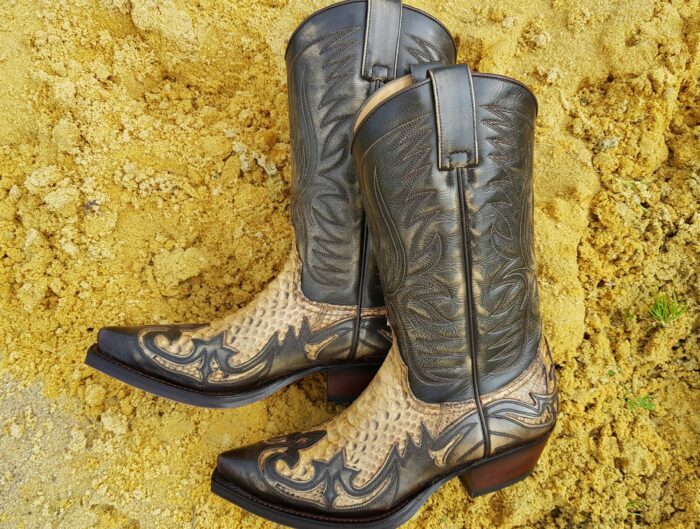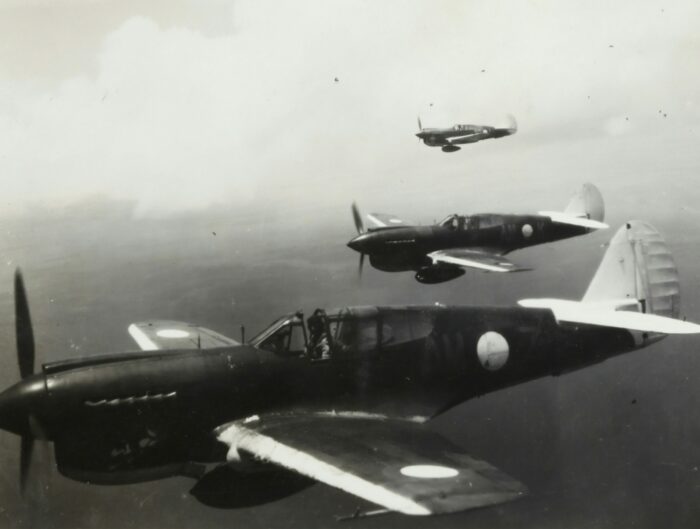Kincaid had a funny habit which I never understood. He liked to leave one unsmoked cigarette in his pack at the end of the day, so he’d have it left over for the next morning. Some time after the first cigarette—the amount of time depending mostly on what sort of bullshit was promised to us that day—he’d tear the cellophane on a fresh pack and light up his second. I asked him once why he did it, since he ended up smoking the equivalent of a pack a day regardless.
He told me he hadn’t really thought about it. That answer irked me because I thought he ought to have known.
I knew other, more obvious things about Kincaid. He was a star tight end in high school, but he didn’t have the grades for college, hence the Army. Kincaid liked Skittles and lifting weights. Kincaid wore a cross.
Kincaid died in an IED explosion in the fourteenth month of our fifteen-month deployment. Can you imagine getting so close and not making it out? Even though I’m pretty sure the unfolding of the universe is a purely mathematical phenomenon, it’s hard not to glimpse something resembling a sense of humor from time to time.
It happened this way: Our platoon was on a daytime patrol through a city with narrow streets and low rooftops when a bomb went off under his truck. The explosion blew the vehicle to smithereens and the crew of five with it. Because Kincaid was manning the machine gun at the time, his torso was outside the vehicle. The parts of his body that weren’t instantly disintegrated were sent skyward to land well out of our view. For the moment, we couldn’t concern ourselves with our dead comrades. The shooting had already started. It came from darkened windows and rooftops, and we returned fire while Lieutenant James shouted a contact report over the radio. For a full ten minutes, the air was filled with an unnatural symphony of destruction.
Thug thug thug thug thug from the .50 cals.
Crack crack crack from the M16s.
Even the occasional chunk and boom from an M203 grenade.
And, of course, there was the screaming.
The buildings around us started to crumble, facades falling to pieces into the sand below. Then the lieutenant said Cease fire, cease fire, cease fire! and the shooting stopped, and it was quiet.
We waited. It seemed as though everyone we’d meant to kill was dead. Harder to tell about people we hadn’t meant to kill.
It was time to get out of the trucks then, though we should have started the patrol on foot. I’d known it, Staff Sergeant Wooten had known it, everyone had known it except Lieutenant James. He’d said he wanted the protection of the vehicles because of the likelihood of small arms fire. Lot of good that did against a bomb.
But hindsight is twenty-twenty, I guess.
We cleared the surrounding buildings, and when we were satisfied that all the enemy combatants had been killed, we started looking for our dead. During the recovery effort, I found some of Kincaid’s parts on the roof of a building thirty yards east of where he’d been hit. His boots, feet still tied tightly inside, were at opposite ends of the roof. I couldn’t find his head, but someone came across it on a sweep of the alleyways between buildings. We never found his dog tags. They and the silver cross he always wore were lost to the desert.
The biggest chunk of him was his torso, mostly just a ribcage which had been protected from the blast by his body armor. His uniform had been burned away. His smoldering carcass was gruesome to look at, but it wasn’t the gore that bothered me.
It was the smell.
Kincaid smelled like pork ribs roasting on a barbeque. Gruesome in its familiarity. I retched, scolded myself for being weak, and then started looking for more of him.
Anyway, we gathered up our dead and their parts and headed back to the base. In another month we’d be gone from that place, headed home. We would get off the airplane and march into a gymnasium, where the families of soldiers who had families would cheer and wave and hold up signs welcoming us back. There would be lots of hugging and happy crying.
And even though Kincaid did everything right, like scanning his sectors of fire and never napping on duty and never taking off his body armor when he wasn’t supposed to, he wouldn’t get to enjoy any of it.
When we got back to base the night Kincaid got blown up—tired, caked in blood and sand—I couldn’t stop thinking about luck, the inevitable progression of moments. Whatever it was that placed Kincaid in the second truck in the convoy instead of the first. The choice of the bomb maker to put a delay on his pressure trigger. Lieutenant James’s decision to stay mounted during the patrol.
Kincaid kept his cigarettes in a hard plastic case at the foot of his bunk. I took out a pack and smoked one. It made me dizzy because I wasn’t a smoker then. Of the nineteen cigarettes that remained, I threw eighteen in the trash. I put the pack, the last cigarette still inside, on my pillow and slept next to it like it was a teddy bear.
The next morning, I smoked the cigarette. I felt less dizzy than the night before. When the cherry got close to the filter, the cigarette spoke to me.
Aren’t you grateful? It asked.
The cigarette had Kincaid’s voice, of course.
I am.


